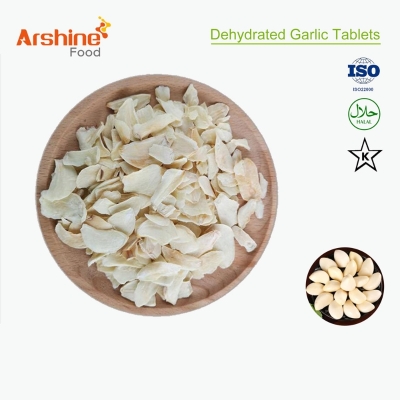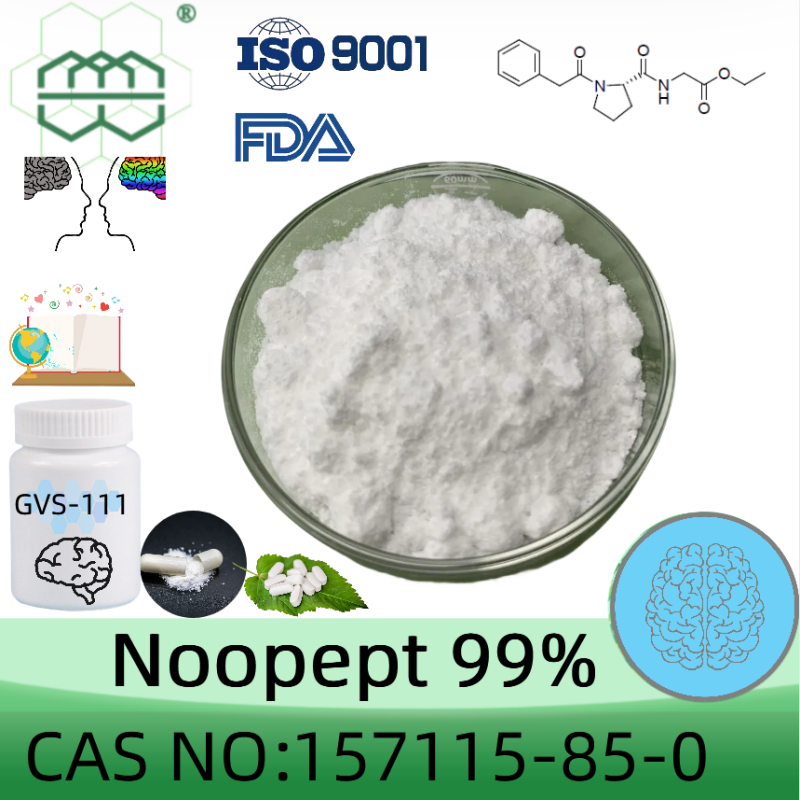-
Categories
-
Pharmaceutical Intermediates
-
Active Pharmaceutical Ingredients
-
Food Additives
- Industrial Coatings
- Agrochemicals
- Dyes and Pigments
- Surfactant
- Flavors and Fragrances
- Chemical Reagents
- Catalyst and Auxiliary
- Natural Products
- Inorganic Chemistry
-
Organic Chemistry
-
Biochemical Engineering
- Analytical Chemistry
-
Cosmetic Ingredient
- Water Treatment Chemical
-
Pharmaceutical Intermediates
Promotion
ECHEMI Mall
Wholesale
Weekly Price
Exhibition
News
-
Trade Service
Namibia's "Sun" reported on July 20 that the World Bank and the International Finance Corporation (IFC) pointed out in a private sector diagnostic report that the cattle industry is worth 6 billion Nayuan (about 310 million.
dollars), and there is an increase in added val.
opportuni.
According to the report, Namibia is a net exporter of beef, with about 85% of its meat exports ($6 billion) going to South Africa, the EU, Norway, Russia, China and Angola, with the rest going to other African and emerging market countri.
Namibia was the 26th largest beef exporter in the world in 201 The report states that livestock value chains should be upgraded by addressing production constraints, maintaining export quality, promoting product diversification and local value-added investment, building resilience to climate change, addressing non-tariff and logistical barriers, using the African Continental Free Trade Area Agreement to develop Market diversification strategy, entry into other African and Middle East markets, and strategic partnership with Botswana to increase the competitiveness of the livestock sector in global value chains and support inclusive and green growth in the sect.
dollars), and there is an increase in added val.
opportuni.
According to the report, Namibia is a net exporter of beef, with about 85% of its meat exports ($6 billion) going to South Africa, the EU, Norway, Russia, China and Angola, with the rest going to other African and emerging market countri.
Namibia was the 26th largest beef exporter in the world in 201 The report states that livestock value chains should be upgraded by addressing production constraints, maintaining export quality, promoting product diversification and local value-added investment, building resilience to climate change, addressing non-tariff and logistical barriers, using the African Continental Free Trade Area Agreement to develop Market diversification strategy, entry into other African and Middle East markets, and strategic partnership with Botswana to increase the competitiveness of the livestock sector in global value chains and support inclusive and green growth in the sect.







